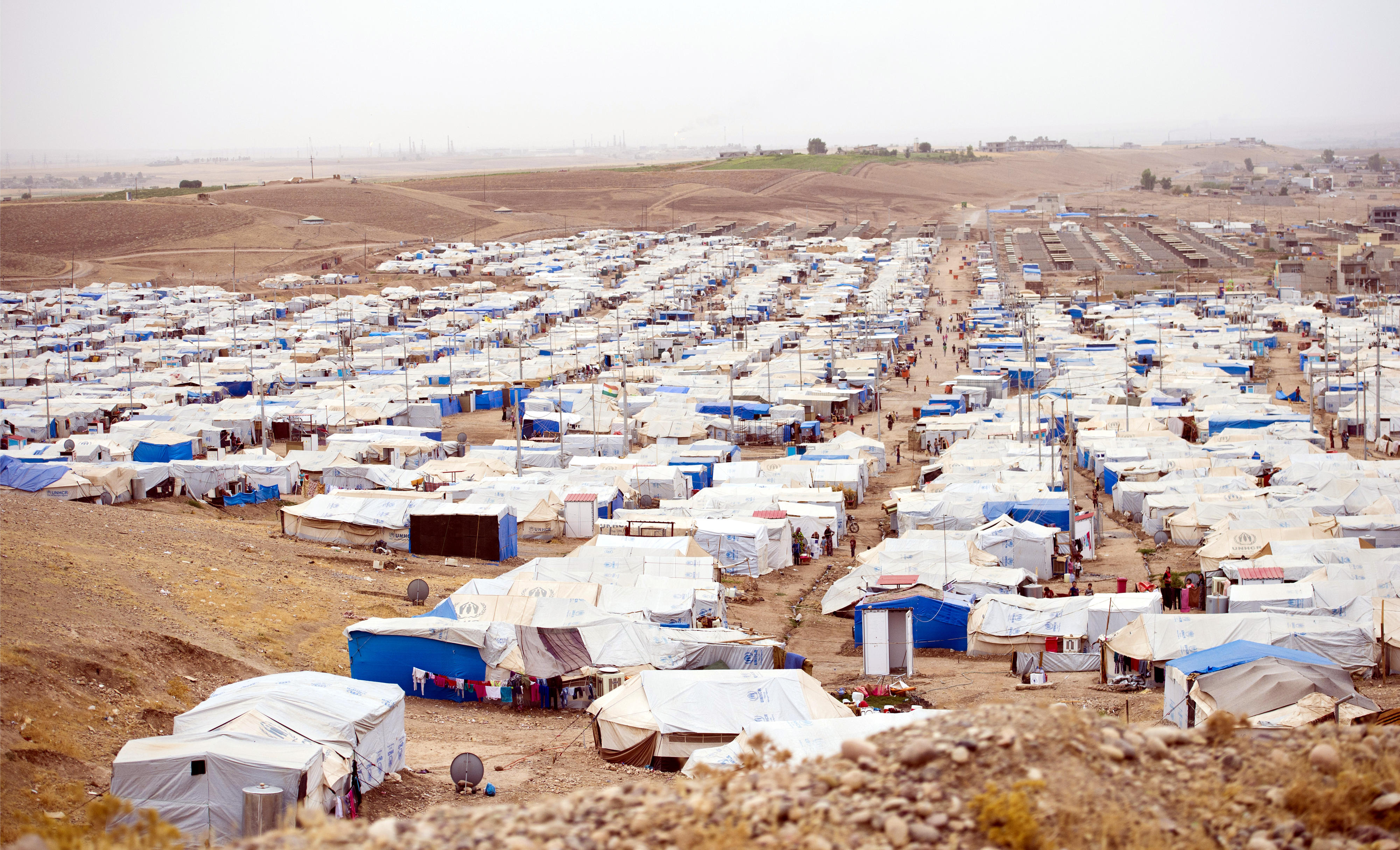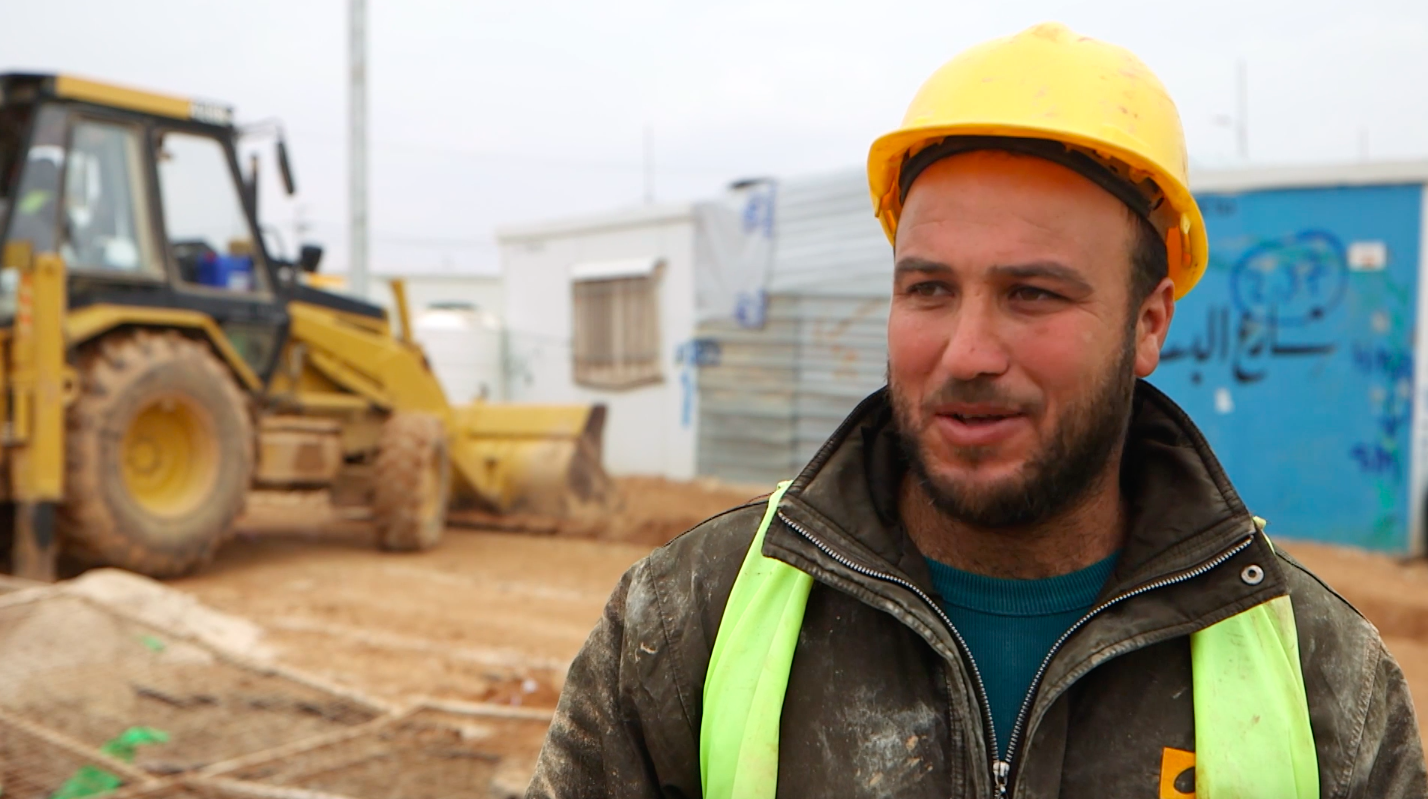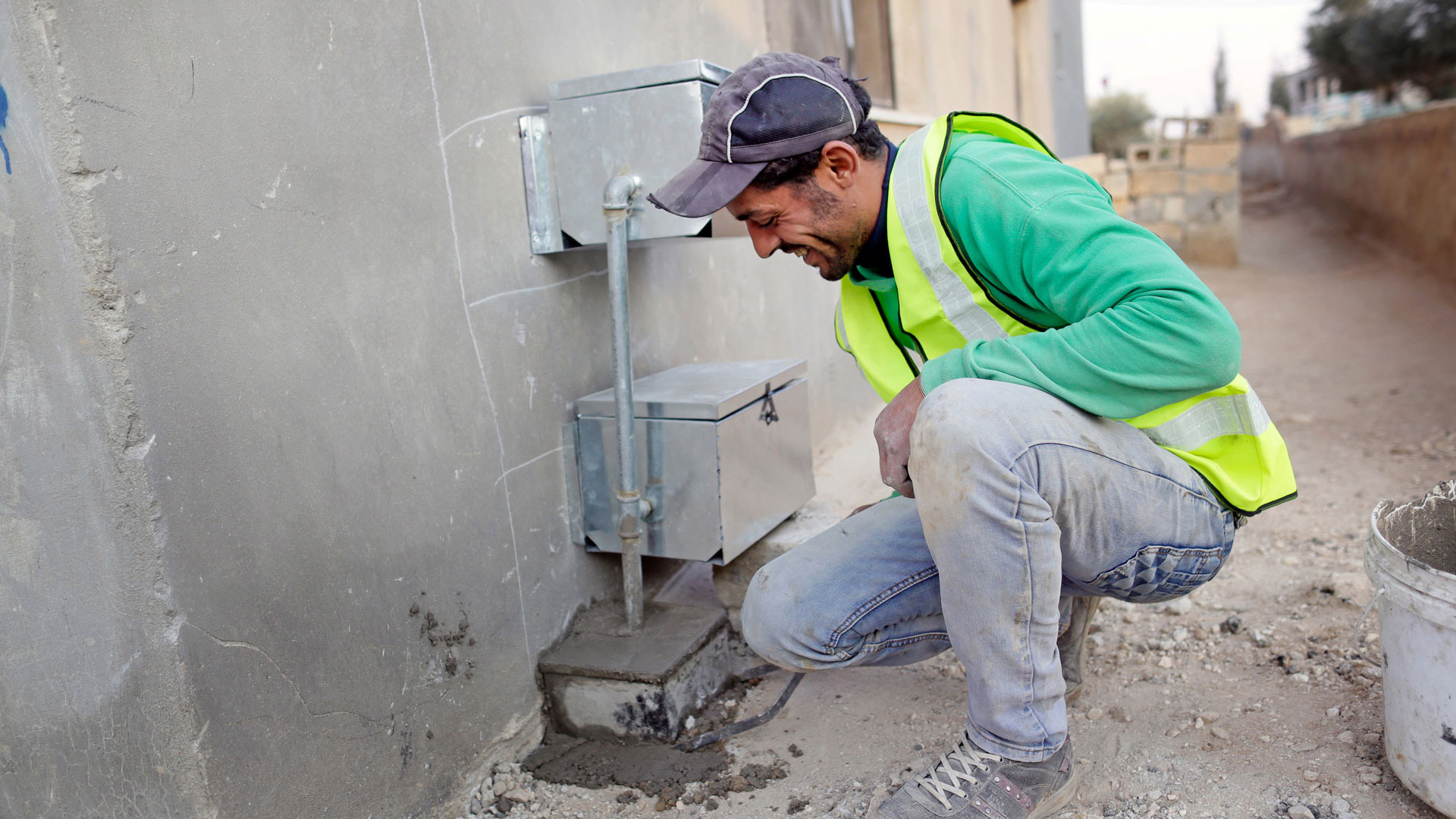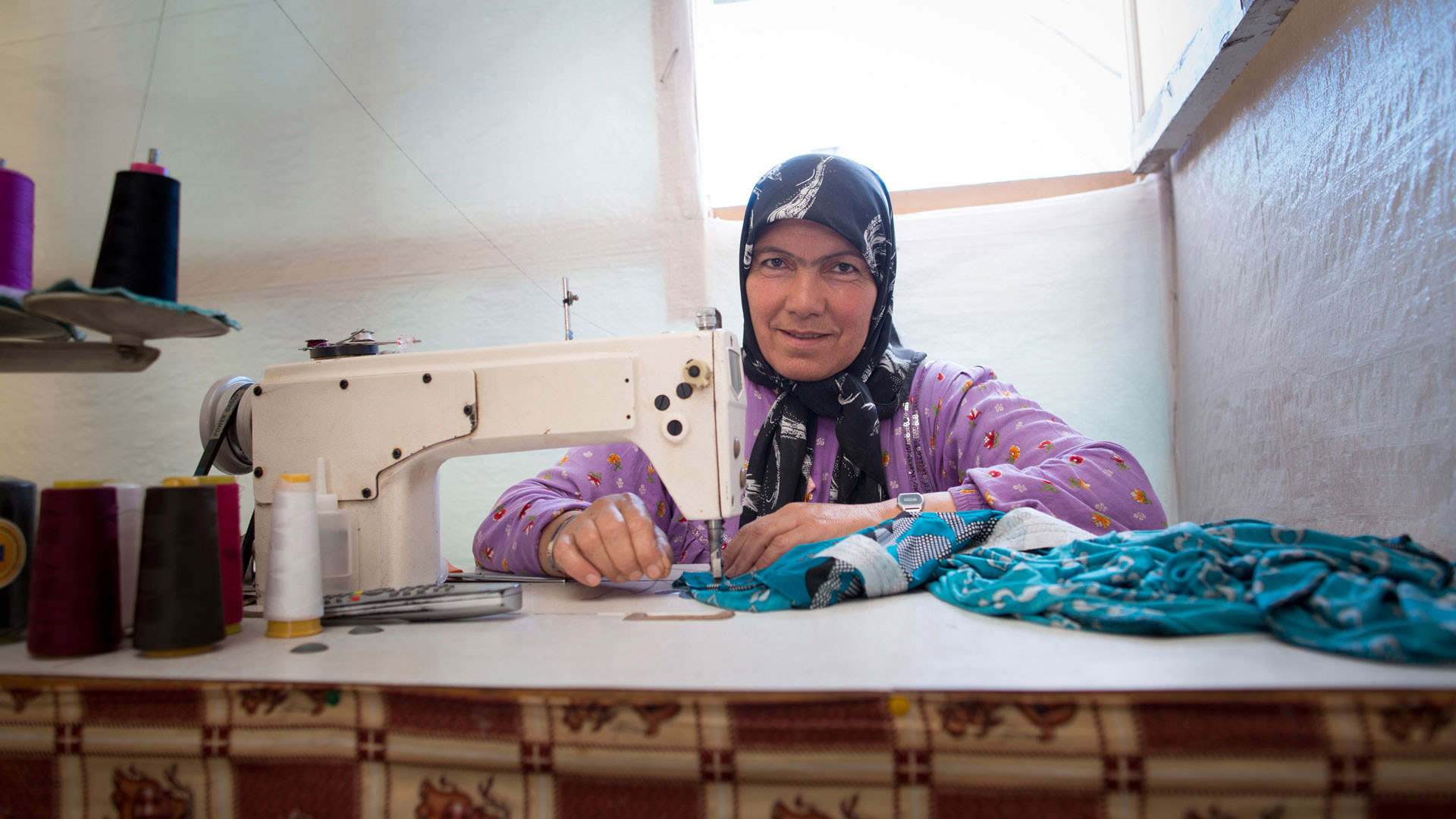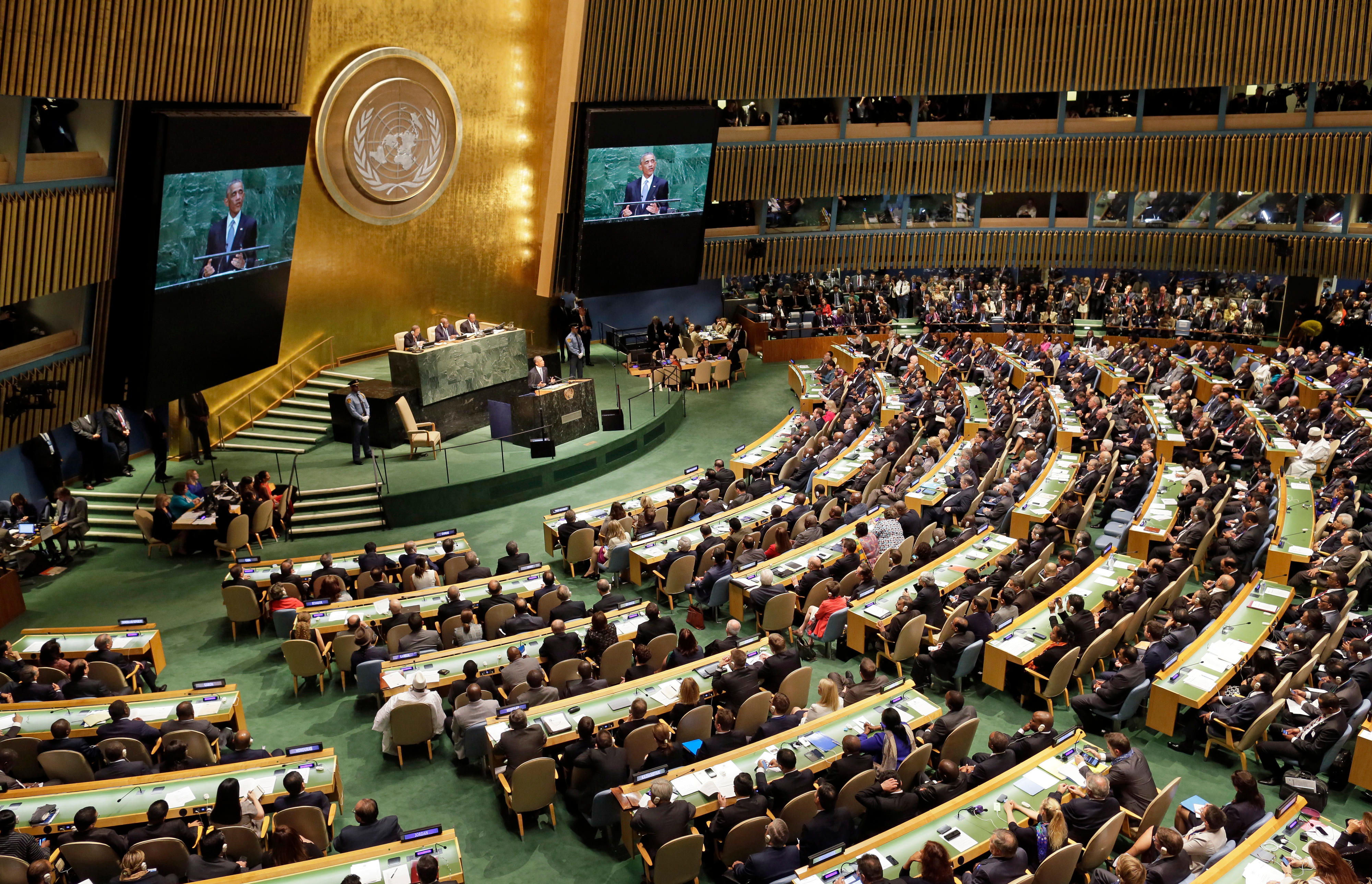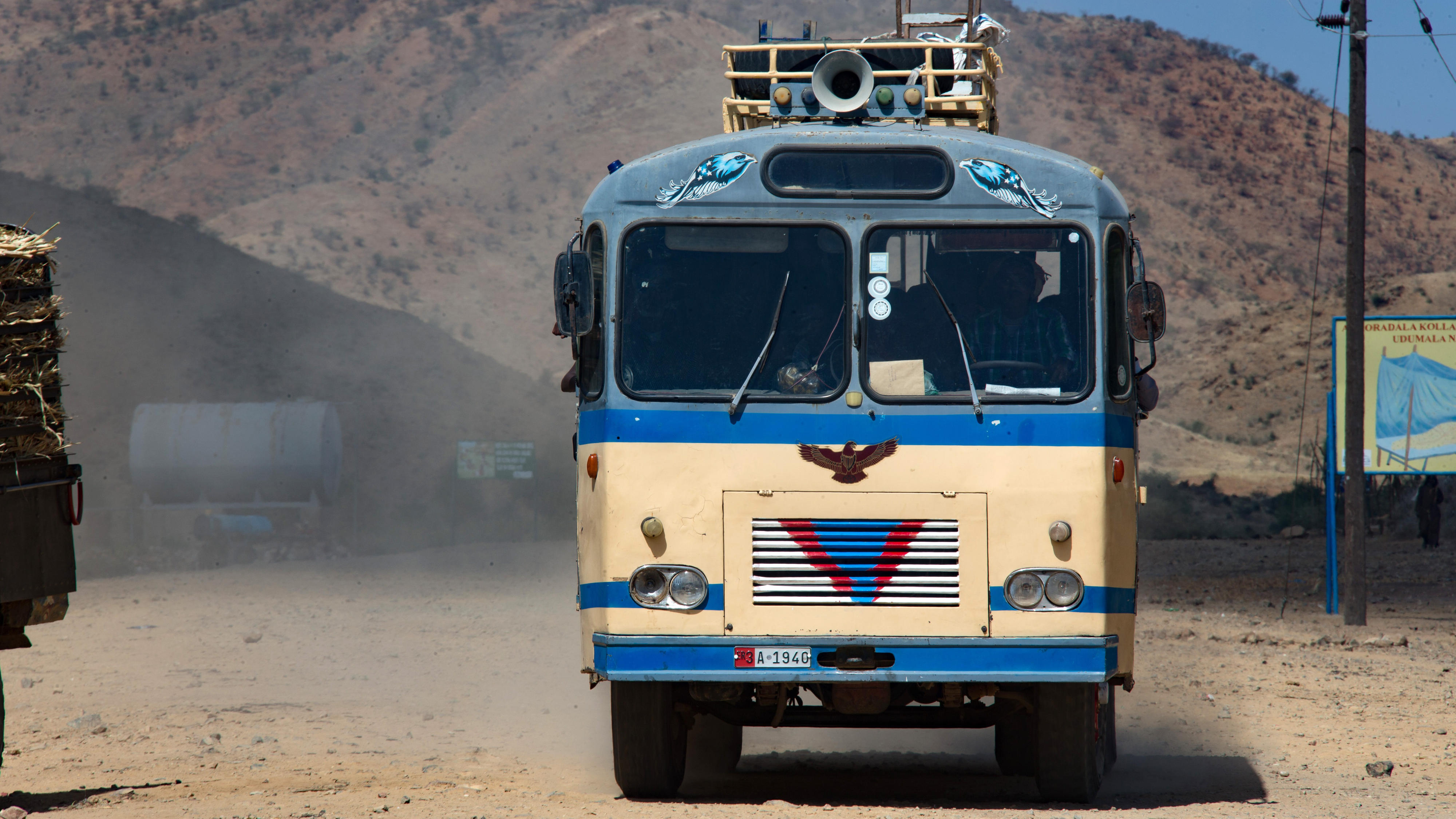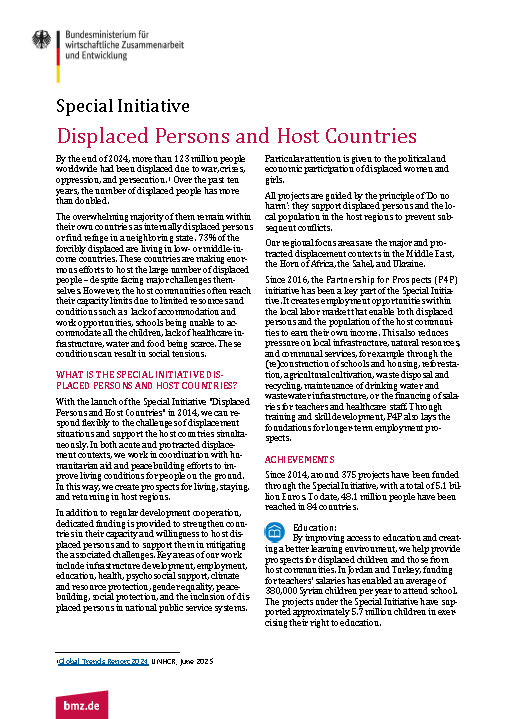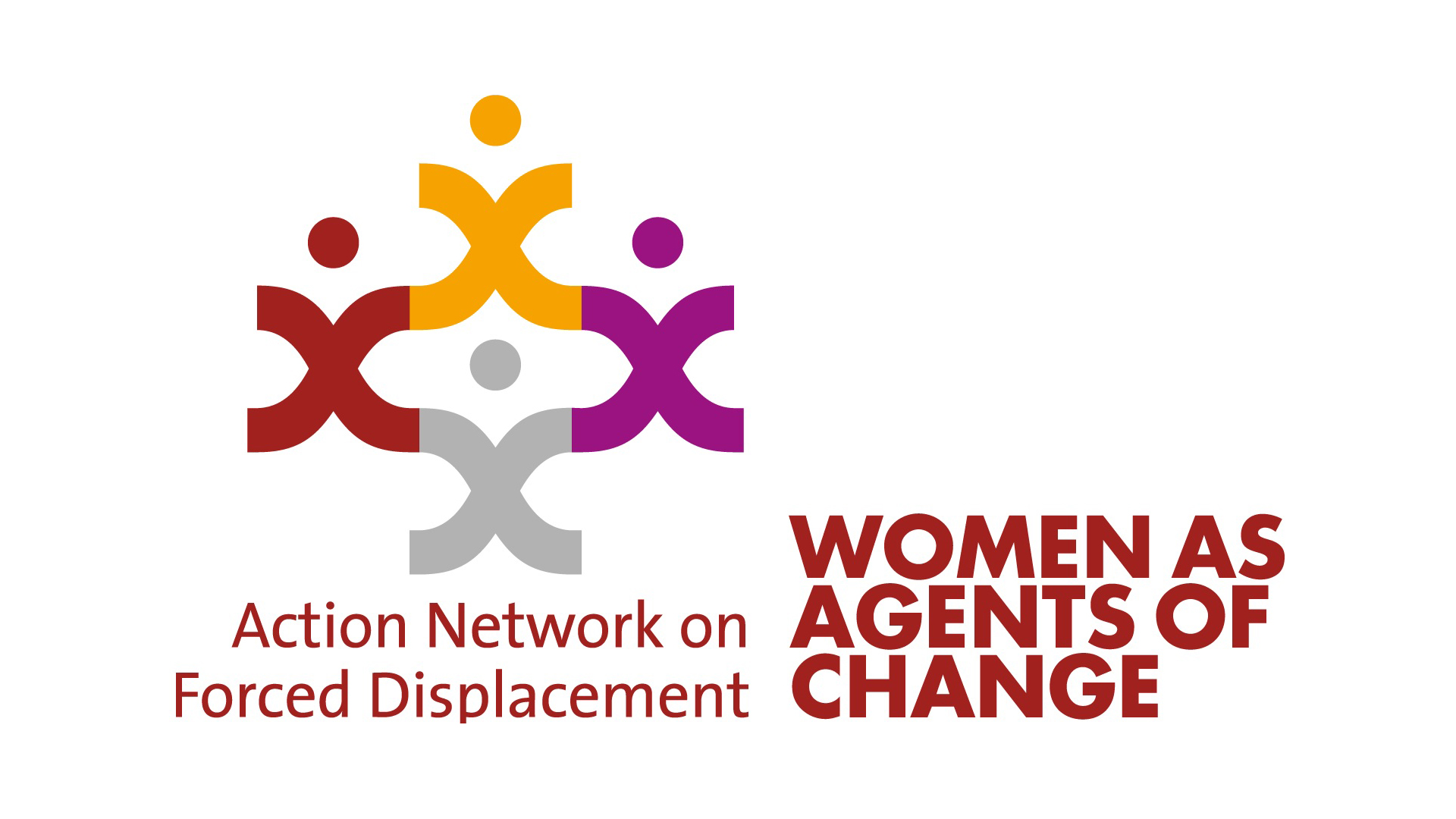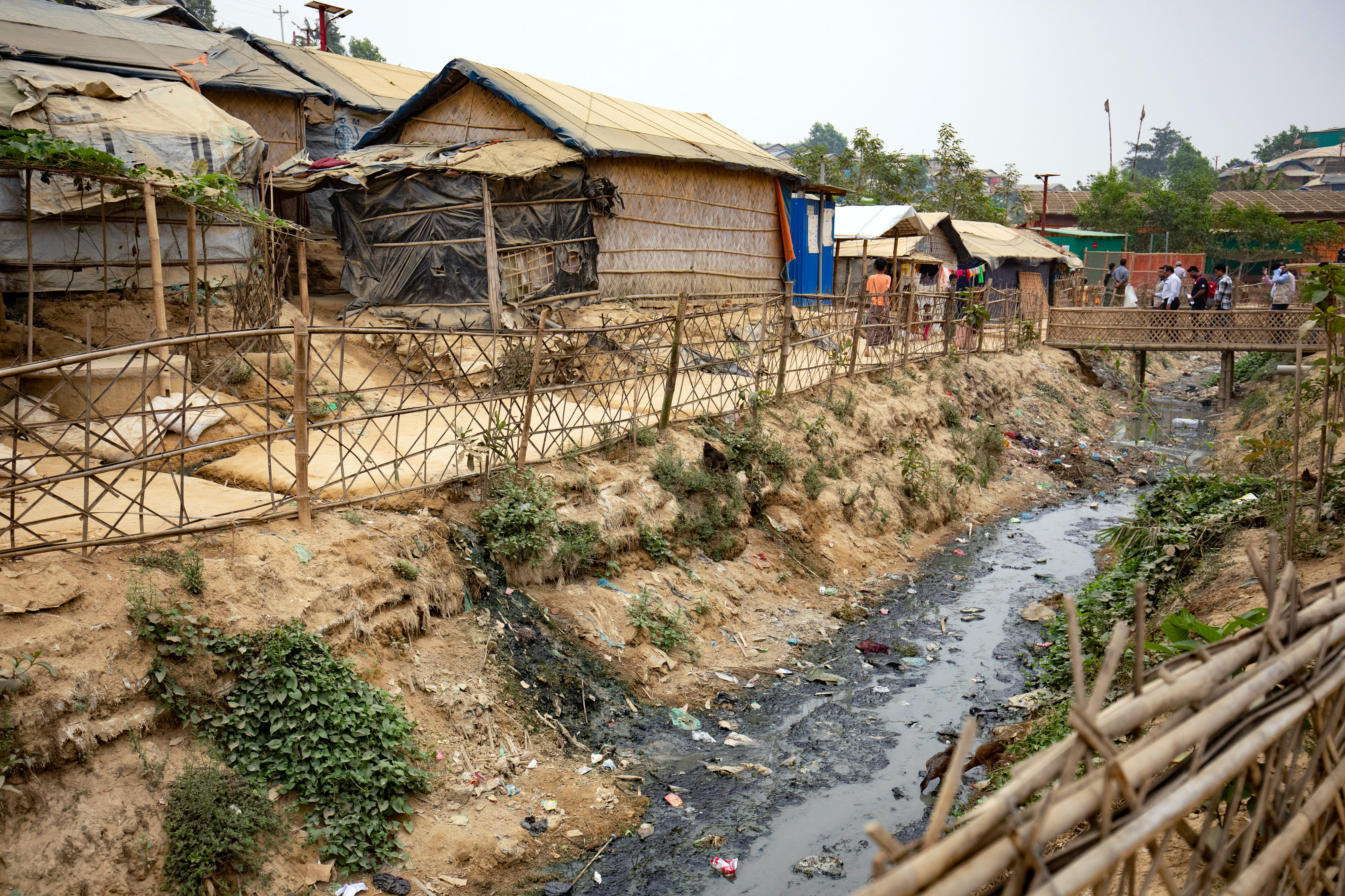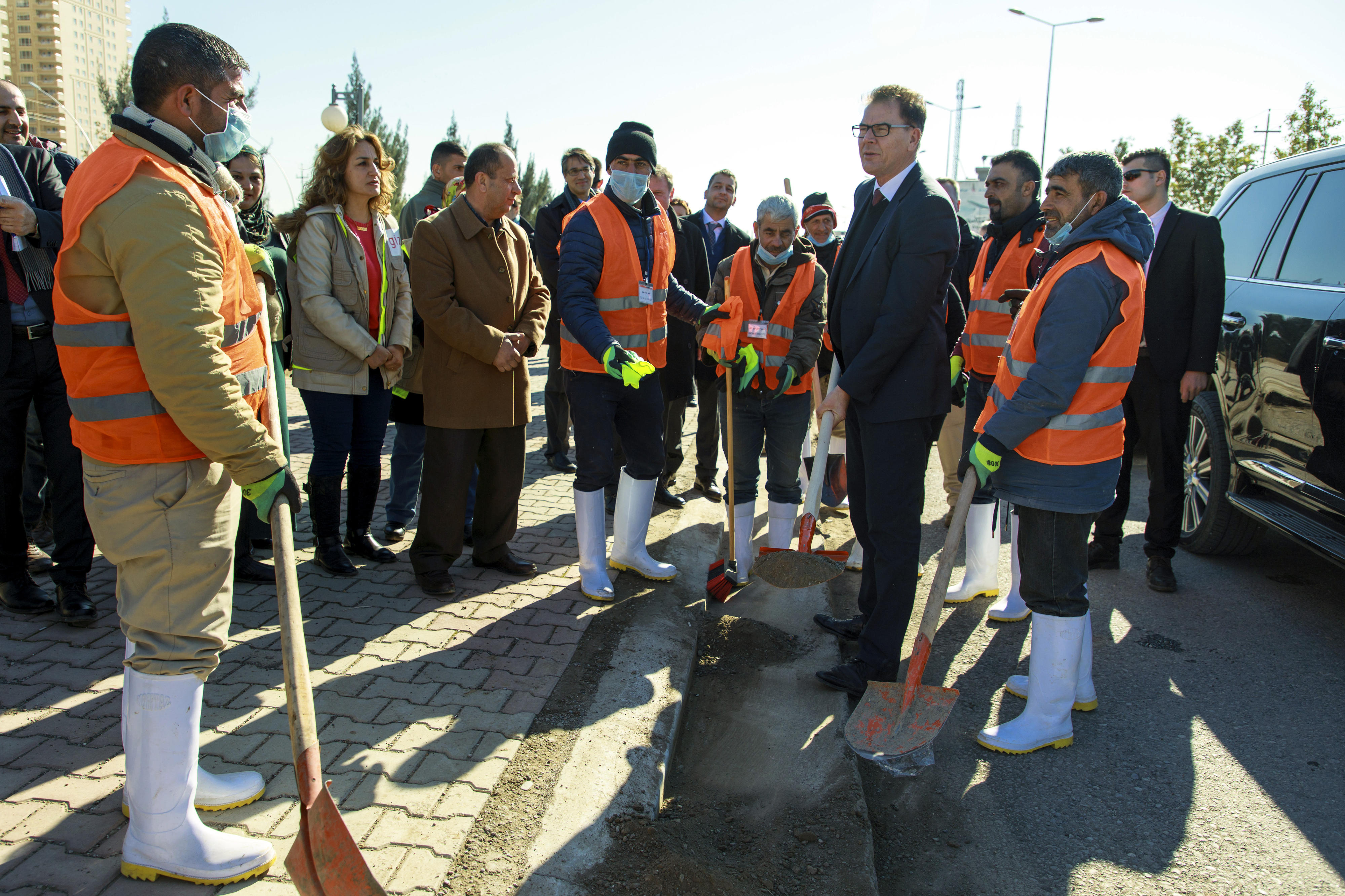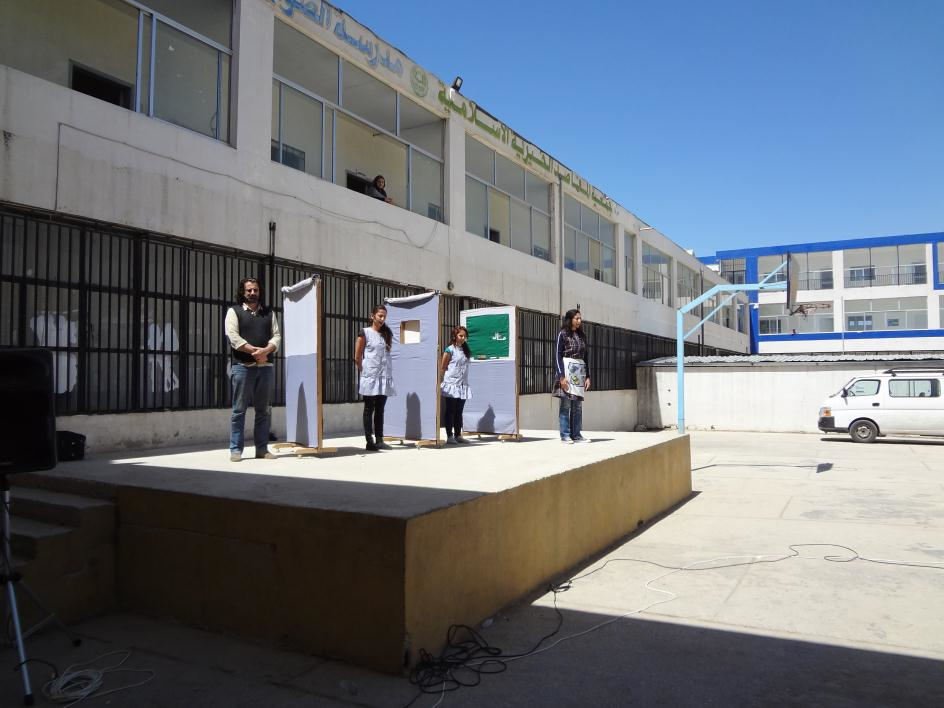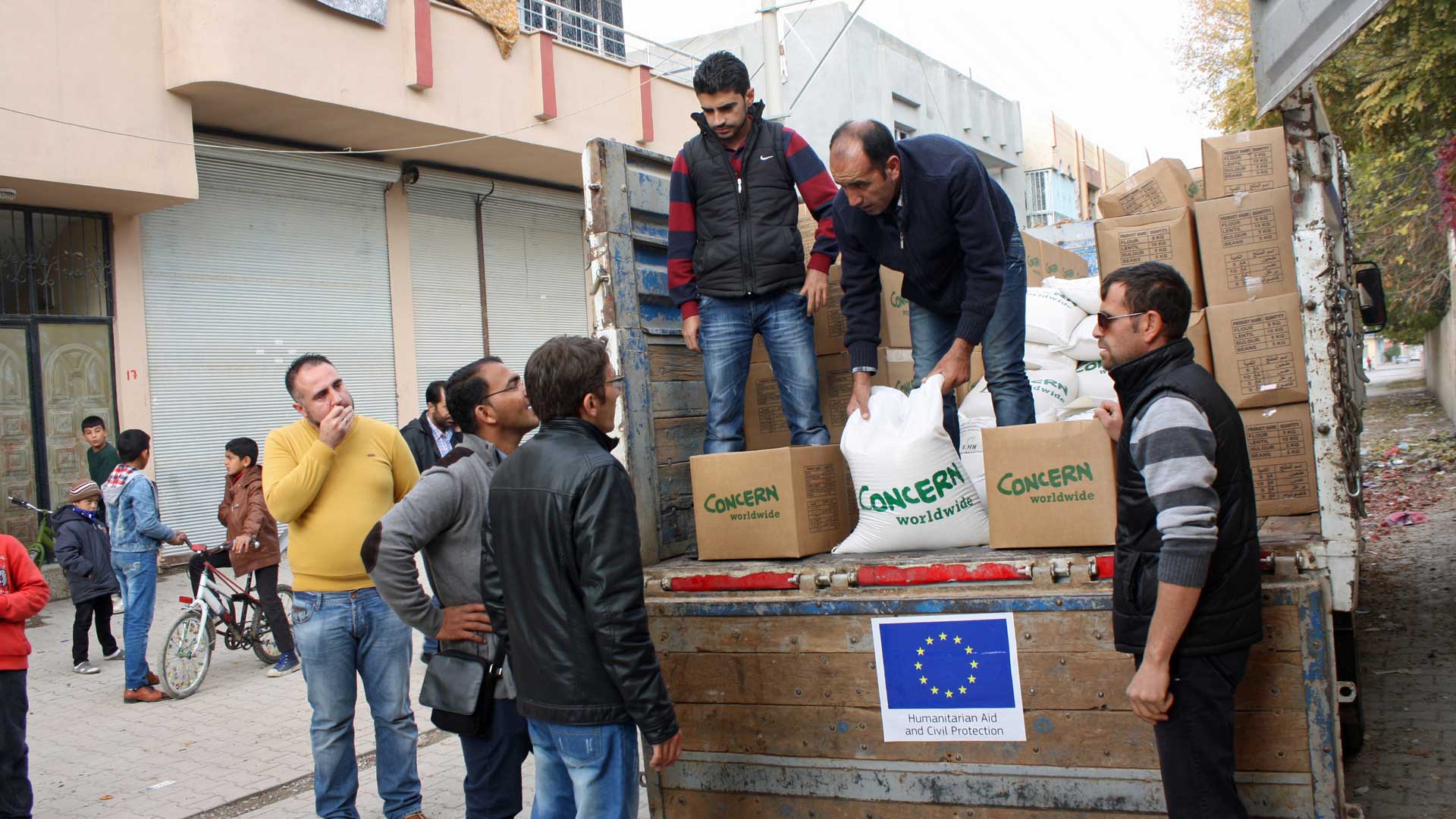The UNHCR camp for Syrian refugees in the Kurdistan Autonomous Region in Iraq, photo taken in 2014.
Copyright© Michael Gottschalk/photothek.net
Displaced people
In the past ten years, the number of displaced persons has almost doubled. And there is no end in sight to this dramatic situation. Worldwide, millions of children and adults are in the midst of a humanitarian disaster.
The largest current displacement crisis was triggered by the war in Sudan: at the end of 2024, 14.3 million Sudanese were displaced – almost a third of the population. High displacement figures were also recorded for Syria, Venezuela, Afghanistan, the Democratic Republic of the Congo and Ukraine.
Supporting refugees and host countries is a top priority for German development policy. Nobody flees voluntarily and most refugees want nothing more than to be able to return home. They all deserve protection and the full solidarity of the international community.
With its development cooperation, Germany supports countries that take in particularly large numbers of refugees, even though they themselves are very poor. This is because the vast majority of refugees stay close to home: Nearly 60 per cent of refugees were living as internally displaced persons in their own country at the end of 2024. Around 70 per cent of cross-border refugees stayed in countries neighbouring their home country. Nearly three out of four refugees are hosted by countries with low or medium incomes.
Priority areas
In severe emergency and crisis situations, the humanitarian assistance provided by the international community is a measure that ensures the survival of displaced people. Within the German government, the Federal Foreign Office is responsible for this type of emergency relief.
Development cooperation, on the other hand, is geared towards medium-term and long-term assistance. Whenever the BMZ is active in crisis regions, it coordinates its work closely with the Federal Foreign Office in order to ensure the best possible combination of humanitarian work and long-term development cooperation.
The task and mission of the BMZ is to assist people in developing countries in their efforts to live their lives in dignity and to build a future for themselves and for their children. The Ministry pursues a broad range of activities in order to work towards that goal.
Initiatives and programmes
A large proportion of the BMZ budget is used for traditional bilateral, multilateral and non-governmental development cooperation.
However, transitional development assistance, which involves efforts to strengthen the resilience of people and of societies in countries affected by short-term or protracted crises, is another important instrument which the BMZ uses in the field of displacement and migration.
And in the years since 2014, the BMZ has created special initiatives to complement its traditional development cooperation.
The Ministry has launched a number of programmes to give people in crisis regions and host countries a better future.
BMZ special initiatives Special Initiative “Displaced Persons and Host Countries”
The BMZ uses this Special Initiative to respond specifically to the challenges arising from global refugee movements. Since 2014, the special initiative has implemented more than 375 projects in 84 countries reaching around 48.1 million people (as at June 2025).
In its work, the BMZ puts an emphasis on increased dialogue with host countries about protecting and integrating refugees and meeting their basic needs. The aim is to enable the people affected by displacement to live their lives in security and dignity whilst also supporting the people in the respective host communities. The Initiative also provides targeted support to internally displaced persons in a way that is tailored to their specific situation and the challenges they face.
This involves a broad range of activities that address, among other things, areas like education, employment, health, social protection and psychosocial support. Measures relating to the fields of energy and climate are increasingly being promoted, for instance projects on reforestation, on erosion control, or advising governments on how to support people displaced within their own countries due to climate change. Local civil society organisations and municipalities are involved in planning and implementing the measures.
One focus of the Initiative is on empowering women. So far, for example, cash-for-work measures have been implemented that have helped to achieve very high employment rates among women. The Initiative’s gender-transformative impacts are to be strengthened further as it is going to increasingly address gender-relevant power structures and processes, for instance by including women more in political processes or improving their legal situation in their own countries.
Regional focuses
The BMZ's work in the area of displacement is currently focussed primarily on countries in the Middle East, where a particularly large number of people have fled and which have therefore reached the limits of their supply capacities, as well as on African countries that have taken in many refugees and internally displaced persons or from which many refugees come. Ukraine is also a priority region.
Germany is also involved in countries in other regions of the world that have taken in particularly large numbers of refugees, such as Pakistan and Colombia.
International cooperation
The German government's support for refugees, internally displaced persons and host communities is part of an international effort. In this context, Germany works closely with international organisations: the United Nations and its Children's Fund (UNICEF), its World Food Programme (WFP) and its Development Programme (UNDP), the International Labour Organization (ILO), and the International Organization for Migration (IOM). Together with the United Nations Refugee Agency (UNHCR), Germany is working to improve the coordination and integration of humanitarian assistance with long-term development cooperation.
The German government also works together with German civil society organisations. The BMZ supports the work of these organisations through considerable financial contributions, which are increased in times of severe crises.
In order to share responsibility more equitably within the international community, the United Nations adopted the Global Compact on Refugees (External link) in December 2018.
On 17-18 December 2019, the first Global Refugee Forum took place in Geneva. At the Forum, about 800 pledges were made by governments, international organisations, non-governmental organisations and the private sector with a view to implementing the Compact. As an important refugee host country and also an international supporter of refugee protection, Germany played an important role as a co-organiser of the Forum.
The second Global Refugee Forum to implement the Global Compact on Refugees took place in Geneva from 13 to 15 December 2023. Governments, the private sector, non-governmental organisations and others made financial pledges totalling over 2.2 billion US dollars. They also committed to taking refugees and host communities into account in their policies, funding instruments and programmes. As one of the largest host and donor countries, Germany had a special role to play here.
As at: 17/07/2025
